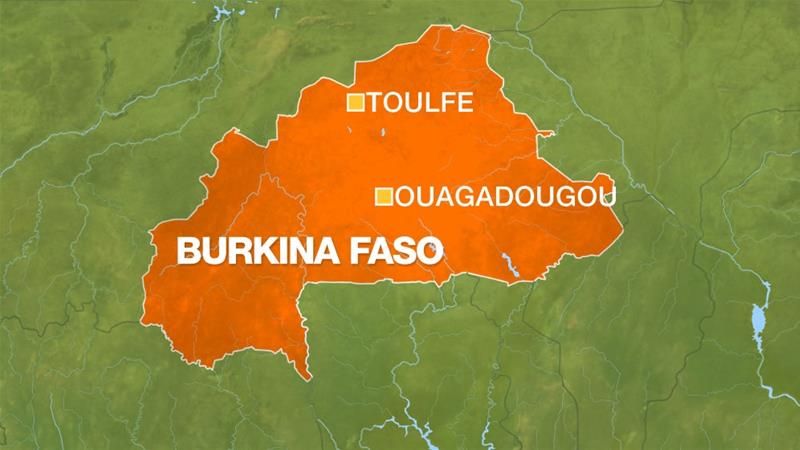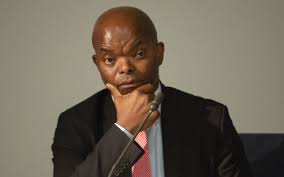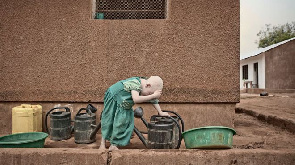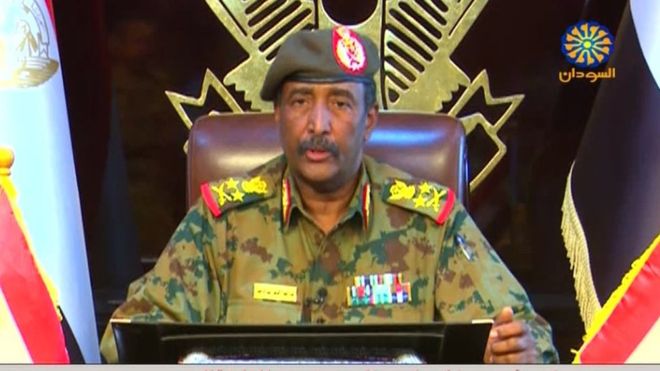South Africa election: ANC leads as votes counted
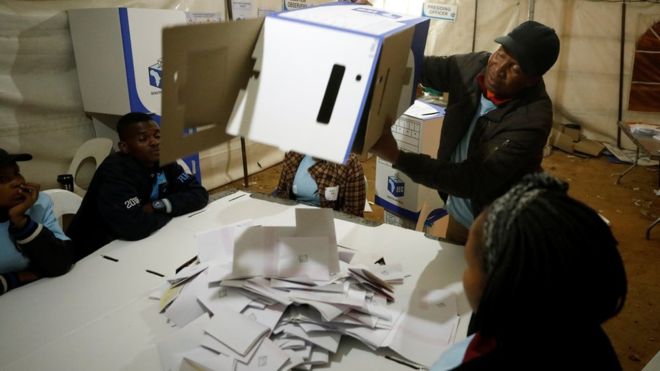
Votes are being counted in South Africa’s election, with President Cyril Ramaphosa hoping to prevent a slide in support for the governing African National Congress (ANC).
With results declared in some 38% of districts, it has won about 56% of the ballot, well ahead of the opposition Democratic Alliance (DA) on 25%.
The ANC took 62% at the last general election in 2014.
Anger over the economy and corruption may have eroded its appeal.
The radical Economic Freedom Fighters (EFF), is in third place with 9%, based on the official early results.
Analysts say that if the ANC vote remains above 55%, it will enable President Ramaphosa to strengthen his grip on the party.
He only became party leader in December 2017, succeeding Jacob Zuma, who was accused of overseeing blatant corruption in the country. He denies any wrongdoing.
Turnout was about 65% in the twin parliamentary and provincial elections – a drop compared to the 73% registered five years ago.
Some six million young people didn’t register to vote.
Full results are due on Saturday.
Provincial results are also being highly anticipated, particularly in Gauteng, where the opposition is hoping to make inroads.
If the ANC vote drops below 50% it could lose control of the biggest, richest province to an opposition alliance.
The ANC currently controls eight of South Africa’s nine provinces.
Why did the president apologise?
Casting his vote in the country’s sixth democratic national election since apartheid ended 25 years ago, President Ramaphosa acknowledged the “rampant corruption” of recent years.
“We have made mistakes but we have been sorry about those mistakes and we are saying our people should reinvest their confidence in us,” he said.
“Corruption got into the way, patronage got into the way and not focusing on the needs of our people got in the way.”
The ANC, which led the fight against apartheid, has governed the country since 1994.
The men who would be president:
- ANC’s Cyril Ramaphosa – union leader, mine boss, president
- DA’s Mmusi Maimane – the man who vows to end ANC rule
- EFF’s Julius Malema – South Africa’s radical agenda setter
Why has the ANC lost support?
Young people queuing to vote spoke of their difficulties in finding jobs, with unemployment at 27%.
One young voter said her future employment prospects were on her mind. “I don’t feel confident about getting the job I want,” she said.
“I’m a member of the ANC but I didn’t vote for them this time,” construction worker Thabo Makhene told Reuters news agency. “They need to catch a wake-up. The way they run the state, mishandling state funds, they’ve lost their morals.”
However, many voters stayed loyal to the ANC.
Esau Zwane, 90, waiting to vote in Soweto, Johannesburg, lived under white-minority rule. He told the BBC he was celebrating “that our country is now ruled by black people”.
Votes are cast for parties, with seats in the 400-member National Assembly allocated according to the share of the vote gained by each party.
These MPs then elect a president.
Election in numbers:
- 26.76 million registered voters
- 55% of them are female
- A record 48 parties on the ballot
- 28,757 voting stations
- 220,000 members of electoral staff
- Six million young people did not register to vote
How big an issue is land reform?
Apartheid, in place from 1948 to 1994, legalised racial discrimination privileging white people, and land ownership has remained a contentious issue.
The white minority still owns disproportionately more land than the black majority. The EFF has led the charge in trying to change this.
The BBC’s Andrew Harding in Johannesburg says the party’s stance has forced the ANC to consider drastic measures to transfer more land, more quickly, into black hands, which has resulted in a pledge to conduct land expropriation without compensation.
However, the DA says it does not believe land reform needs to be “carried out in a way that takes from one to give to another”, and instead promises to prioritise land reform in the budget and to release unused government land.
Other election issues include discontent over poor basic services such as water, housing and electricity, and anger over violent crime.
As well as the continued inequalities, it is thought that the failure to tackle corruption has damaged the ANC.
President Ramaphosa came to power last year pledging to get to grips with the issue but some voters still associate the party with the corruption which thrived under Mr Zuma.
Mr Zuma faces trial on numerous charges of corruption but has denied any wrongdoing.
Votes are cast for party lists with seats in the 400-member National Assembly allocated according to the percentage vote of each party.
These MPs then elect a president.
BBC

